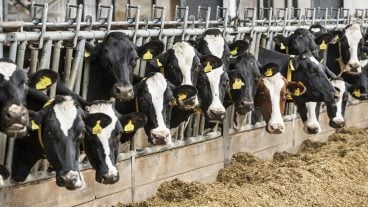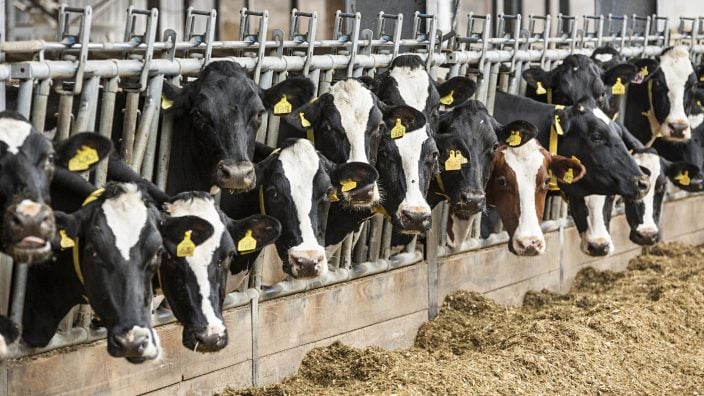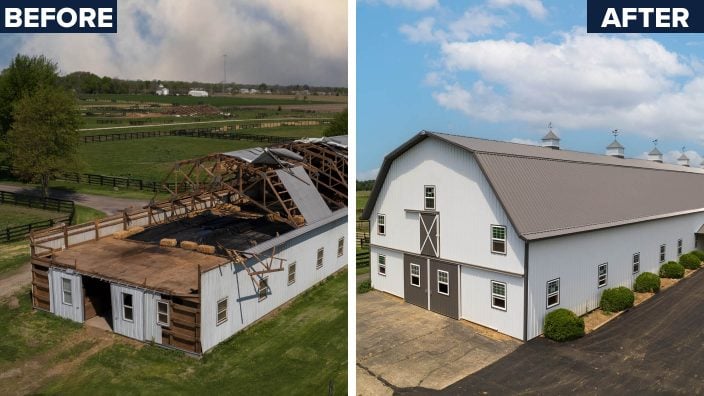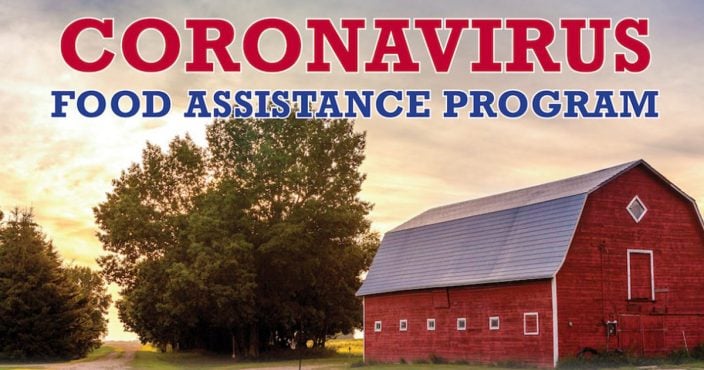Farmer’s Guide to Trucking Regulations available to Ohio Farm Bureau members
The guide includes a farm driver checklist, overview of state and federal regulations and exemptions, CDL qualifications and more.
Read More
To provide immediate financial assistance to farmers impacted by COVID-19, the Coronavirus Aid, Relief, and Economic Security Act provided the Agriculture Secretary Sonny Perdue with an immediate $9.5 billion and the Commodity Credit Corporation with a $14 billion replenishment. Combining existing CCC funding of $6.5 billion with the $9.5 billion appropriated, Perdue created a $16 billion Coronavirus Food Assistance Program that will provide direct payments to farmers and ranchers to partially offset COVID-19 related losses for livestock and specialty and nonspecialty crops. After USDA unveiled the program, the American Farm Bureau Federation dug in to get the details of these payments.
The Coronavirus Food Assistance Program provides vital financial assistance to producers of agricultural commodities who have suffered a 5% or greater price decline or who had losses due to market supply chain disruptions due to COVID-19 and face additional significant market costs.
Among eligible commodities:
Changes announced July 9:
Adding the following commodities:
Changes announced Aug. 11:
Adding the following additional commodities:
Other changes:
Ben Brown, assistant professor of Professional Practice in Agricultural Risk Management at Ohio State University’s College of Food, Agricultural and Environmental Science’s Department of Agricultural, Environmental and Development Economics, provides additional background about CFAP, along with information about eligibility requirements, the application process and payment rates that he and his team laid out in a new report.


The guide includes a farm driver checklist, overview of state and federal regulations and exemptions, CDL qualifications and more.
Read More


ODA will enroll 500,000 acres into the program for a two-week sign-up period, beginning April 22, 2024, through May 6, 2024. Contact local SWCD offices to apply.
Read More

Katie Share of Columbus has been named ExploreAg and Youth Development Specialist for Ohio Farm Bureau.
Read More

Mary Klopfenstein of Delphos has been named Young Ag Professional and Ag Literacy Program Specialist for Ohio Farm Bureau.
Read More

The plan has been updated to give sole proprietors access to more rate stability and a smart solution that offers potential savings on health care.
Read More

The American Farm Bureau Federation, in partnership with Farm Credit, is seeking entrepreneurs to apply online by June 15 for the 2025 Farm Bureau Ag Innovation Challenge.
Read More

Adele Flynn of Wellington has been elected treasurer of the Ohio Farm Bureau Federation and now holds the third highest elected office in Ohio’s largest and most influential farm organization.
Read More

Producers are urged to work with their veterinarian to practice enhanced biosecurity measures and review and limit cattle movements within production systems.
Read More

The changing seasons bring with them the need to thoroughly inspect pole barns for any damages that may have occurred during the winter months.
Read More

Hundreds of Ohio businesses and sole proprietors are raving about Ohio Farm Bureau’s Health Benefits plan with lower, predictable costs and easy enrollment and administration options.
Read More